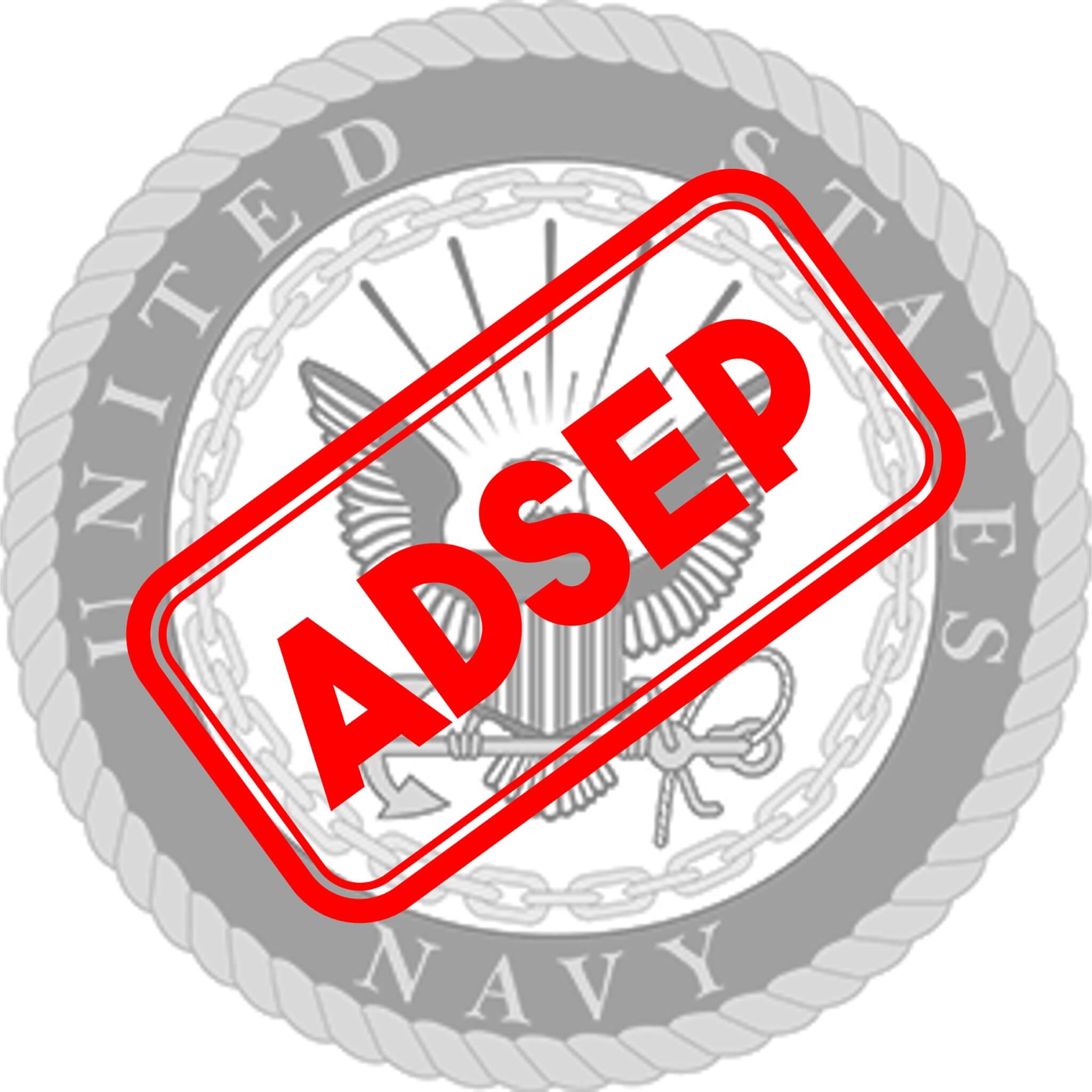You signed up to serve, but now your command is trying to administratively separate you. You have a lot on the line. The benefits you earned, from the G.I. Bill to disability compensation, may all depend on the type of Navy administrative separation (ADSEP) you receive. At Military Justice Guides, we have helped countless clients deal with a potential military separation, and we’re here to help you understand the types and impacts of a Navy ADSEP.
For enlisted members, Navy administrative separations are governed by the 1910 series of MILPERSMAN. Most commonly, a Sailor may be involuntarily separated for:
The “type” of Navy ADSEP will be reflected on your DD214 upon discharge. This is commonly referred to as your “Separation Code.” Depending on the type of ADSEP you receive, you may be limited in your future plans. For instance, Sailors separated for drug use may be unable to re-enlist or serve in federal government positions.

The immediate impacts of a Navy ADSEP are obvious — you lose your paycheck, your active duty benefits, and your career as a Sailor. But the future impacts almost always depend on the “characterization” of your service. How your service is characterized is different than the type of ADSEP you receive. Upon discharge, your service may be characterized in the following manners:
The “characterization” of your service determines how the Department of Veterans Affairs will provide you benefits. Although every case is different, the following rules generally apply:
For more information about characterization of service and VA benefits, check out our FREE PAMPHLET – “Benefits by Discharge Characterization.”
If you are facing a Navy ADSEP, our guides and products can help. If you are interested, please feel free to read more on our website or purchase a Navy ADSEP Response Template below:

Our ADSEP Response Template is written by experienced military officers. When you purchase this template, you will be able to download and get started!
Military Justice Guides and MilitaryJusticeGuides.com are not law firms, nor do our employees act as legal counsel. MilitaryJusticeGuides.com provides an online portal to give users a general understanding of military law and to provide an automated software solution to individuals who choose to prepare their own documents. MilitaryJusticeGuides.com Services may also include a review of your answers for completeness, spelling, grammar, and for internal consistency of names, addresses and the like. At no time do we review your answers for legal sufficiency, draw legal conclusions, provide legal advice, opinions or recommendations about your legal rights, remedies, defenses, options, selection of forms, or strategies, or apply the law to the facts of your particular situation. We are not a law firm and may not perform services performed by an attorney. Military Justice Guides and MilitaryJusticeGuides.com, its related Services, and its forms or templates are not a substitute for the advice or services of an attorney.
